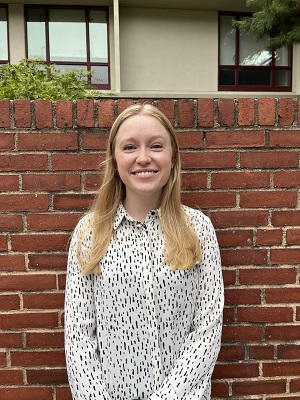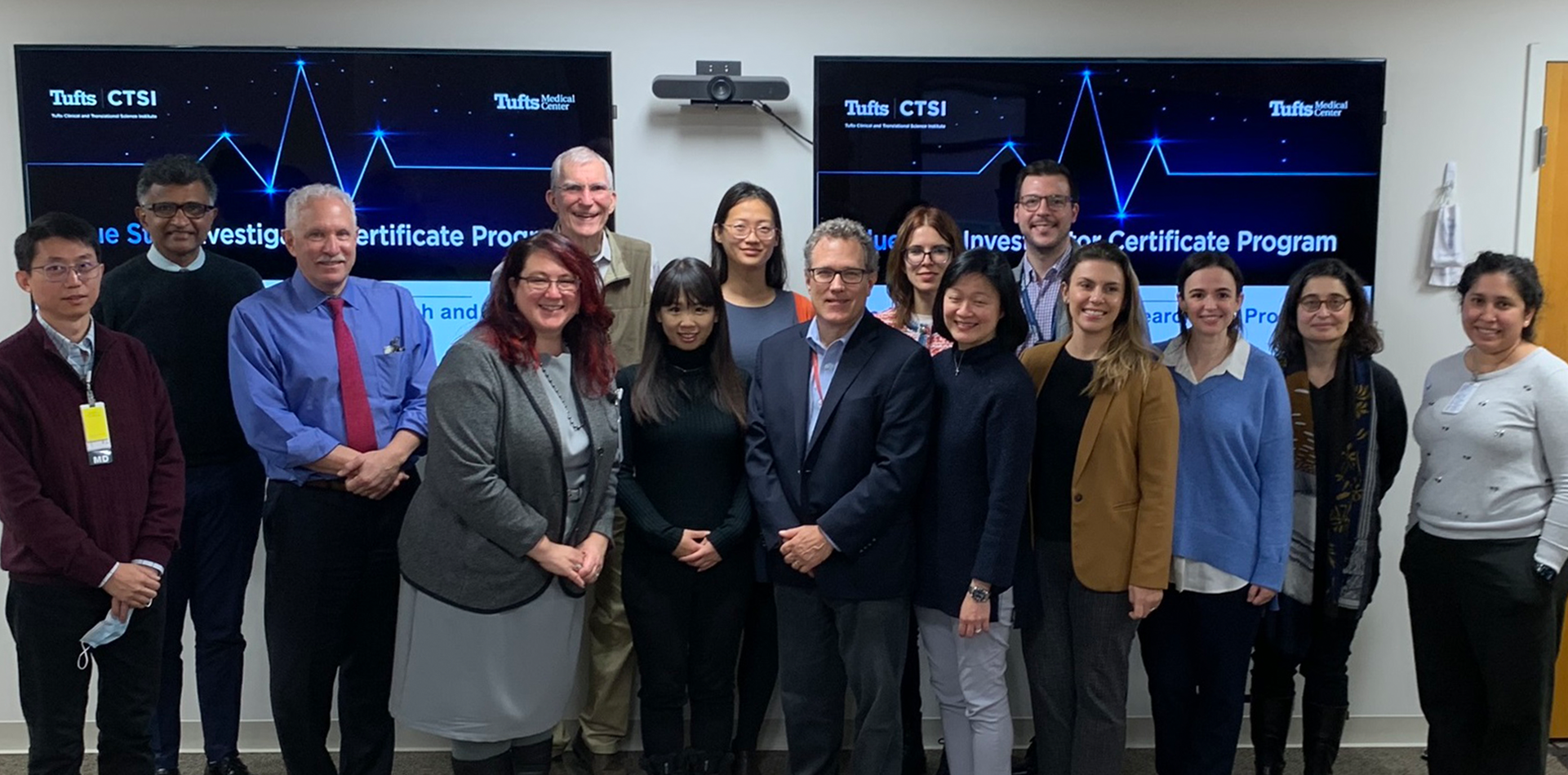Practical Guide Provides Roadmap to Supporting Broadly Engaged Team Science
FOR IMMEDIATE RELEASE: March 21, 2022
CONTACT: Amy West, awest@tuftsmedicalcenter.org; Marisha Palm, mpalm@tuftsmedicalcenter.org
BOSTON – For the first time, basic science, clinical, translational, health policy, and social science researchers can access a comprehensive resource for including stakeholders as team members in the research process. Broadly Engaged Team Science in Clinical and Translational Research, published this month by Springer, Cham and edited by Debra Lerner, MSc, PhD; Marisha E. Palm, MSc, PhD; and Thomas W. Concannon, PhD of Tufts Clinical and Translational Science Institute (CTSI), is a collection of evidence-based perspectives and best practices to inspire researchers and stakeholders to build diverse, inclusive teams.
Broadly engaged team science is a new and emerging concept that goes beyond team science and community-engaged research. It seeks to make research more transparent, inclusive, efficient, and responsive to the health needs of individuals, groups, and communities, ultimately increasing the quality of clinical and translational research and improving the population’s health.
Broadly Engaged Team Science in Clinical and Translational Research explores:
- Transforming research with broad engagement
- Integrating communities and stakeholders into research
- Applying the principles of broadly engaged team science in real-world studies
- Creating an institutional environment of support for broadly engaged team science.
The book features perspectives and insights from more than 60 clinicians, scientists, researchers, educators, patient advocates, and community members, including leaders in health care, science communication, patient advocacy, and community-based participatory research.
“When we embarked upon this project, we wanted to create a resource that explains broadly engaged team science, reduces the barriers to implementing its practices, and inspires the creation of new research teams and studies,” said Editor Debra Lerner, MSc, PhD, Associate Director and Director of Organizational Impact at Tufts CTSI and Senior Scientist and Director of the Program on Health, Work and Productivity at Tufts Medical Center. “I hope this collection of knowledge, best practices, and lessons learned will serve as a guide for anyone who is interested in conducting or participating in collaborative, inclusive, equity-driven research.”
“This book reflects our journey in building and supporting broadly engaged team science. It documents current perspectives and practices, and reflects our continuing challenges to innovate and foster widespread implementation,” said Tufts CTSI Dean and Principal Investigator Harry P. Selker, MD, MSPH, a passionate proponent of broadly engaged team science and an author of several of the book’s chapters. “We are delighted to share this publication, and we thank all of our authors and editors for their contributions to this important work.”
To accompany the book, the editors curated a web page and resource guide that include concepts and theories, implementation strategies and practices, tools and templates, courses and workshops, and programs and services to further support the development and implementation of broadly engaged team science and research.
Broadly Engaged Team Science in Clinical and Translational Research (https://doi.org/10.1007/978-3-030-83028-1) was supported by the National Center for Advancing Translational Sciences, National Institutes of Health, Award Number UL1TR002544. The content is solely the responsibility of the authors and does not necessarily represent the official views of the NIH.
#####
About Tufts Clinical and Translational Science Institute (CTSI)
Tufts CTSI, established in 2008, supported by the National Institutes of Health (NIH), is dedicated to stimulating innovative broadly engaged team science across the translational research spectrum to improve clinical care and health. Founded by Tufts University and Tufts Medical Center, it also includes other academic institutions (including all the schools of Tufts University, Brandeis University, MIT, Northeastern University; and RAND), the hospitals affiliated with Tufts University School of Medicine, community stakeholders, and various members of the health care industry. Tufts CTSI’s purpose is to accelerate the translation of laboratory and medical research into clinical use, widespread medical practice, and into improved health care delivery and health policy. It connects people to research resources, consultation, and education, and fosters collaboration with scholars of all disciplines and with community members, with the ultimate goal of improving the health of the public. Tufts CTSI is funded by a Clinical and Translational Science Award (CTSA) from the NIH National Center for Advancing Translational Sciences, award number UL1TR002544.



